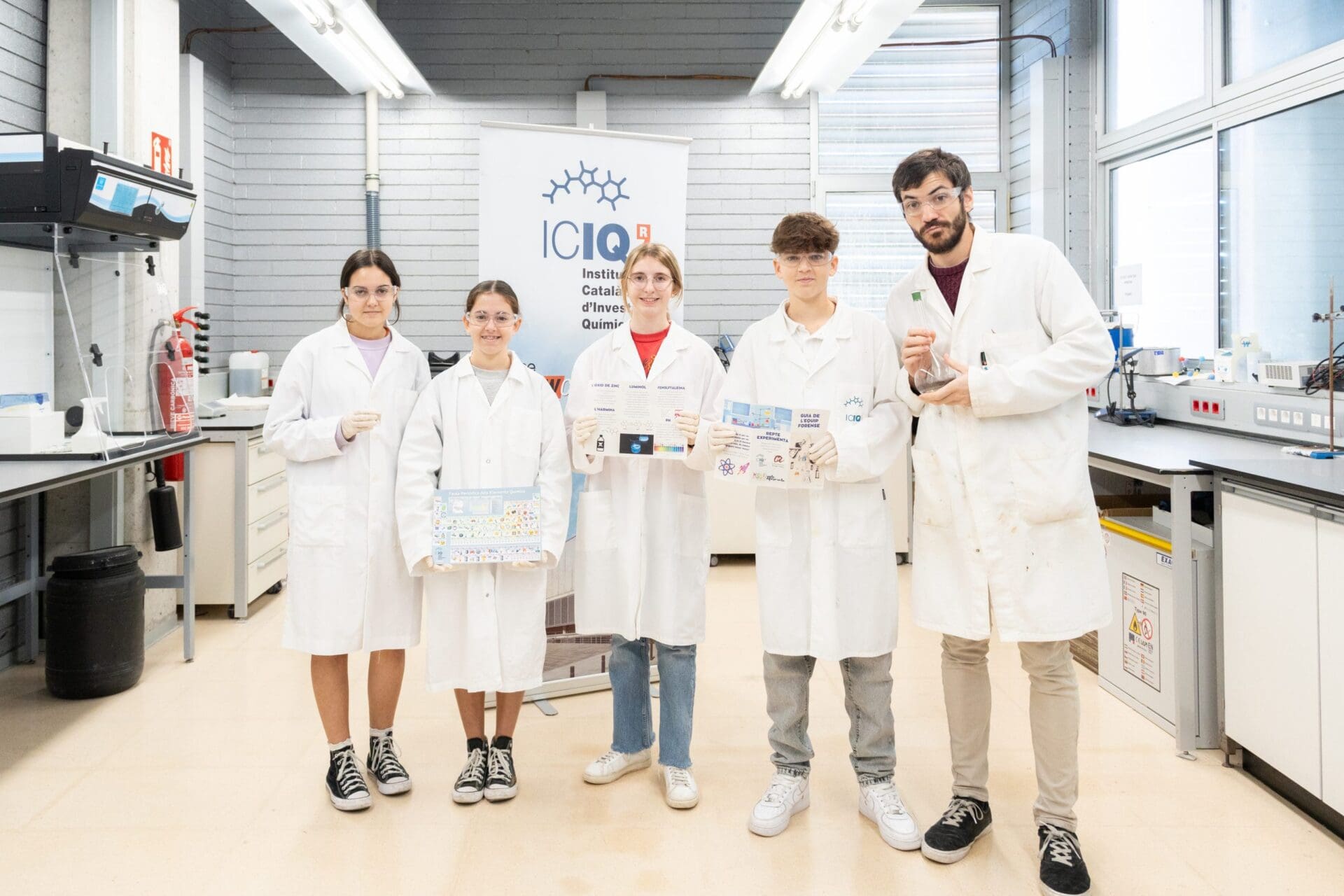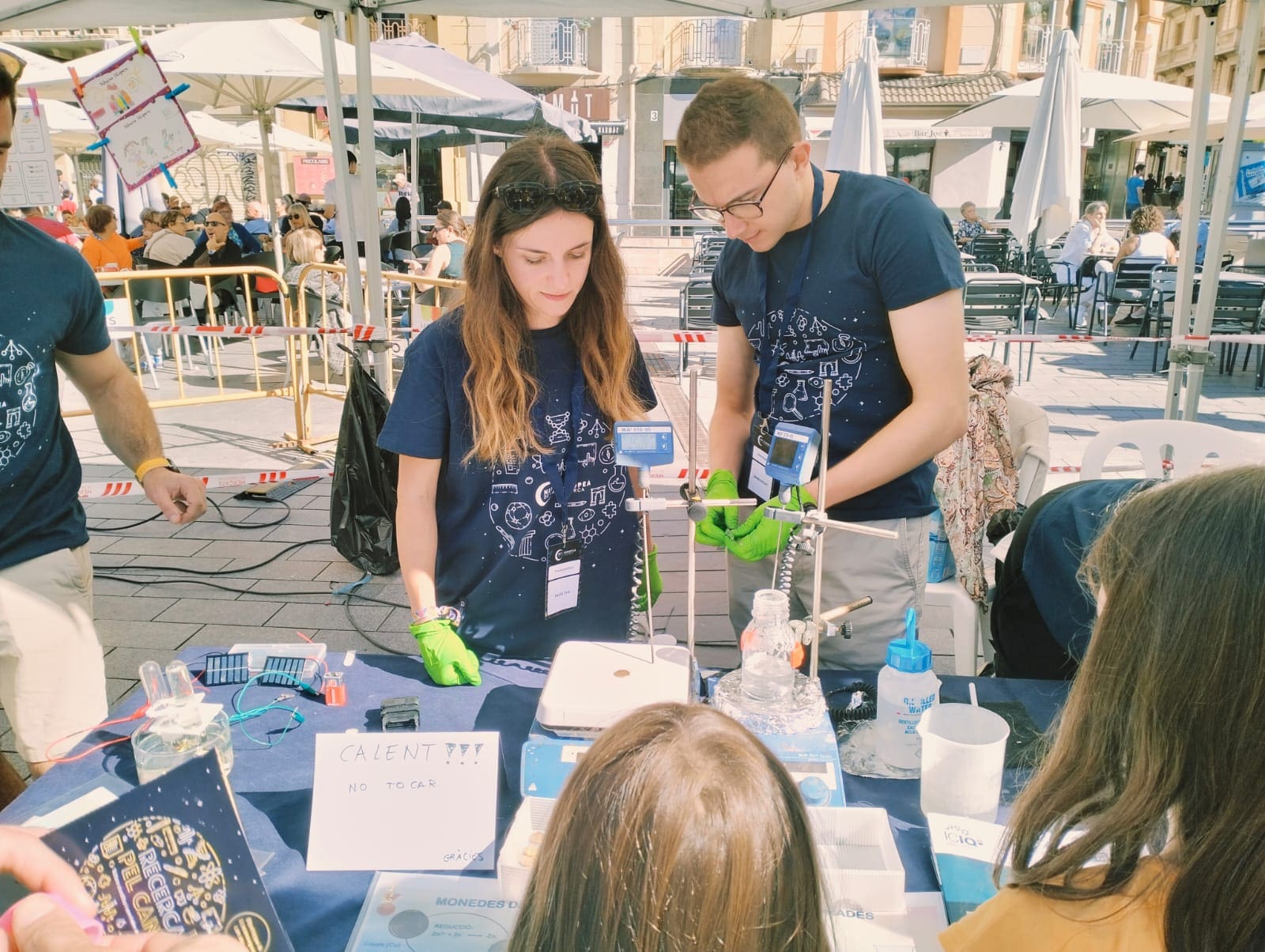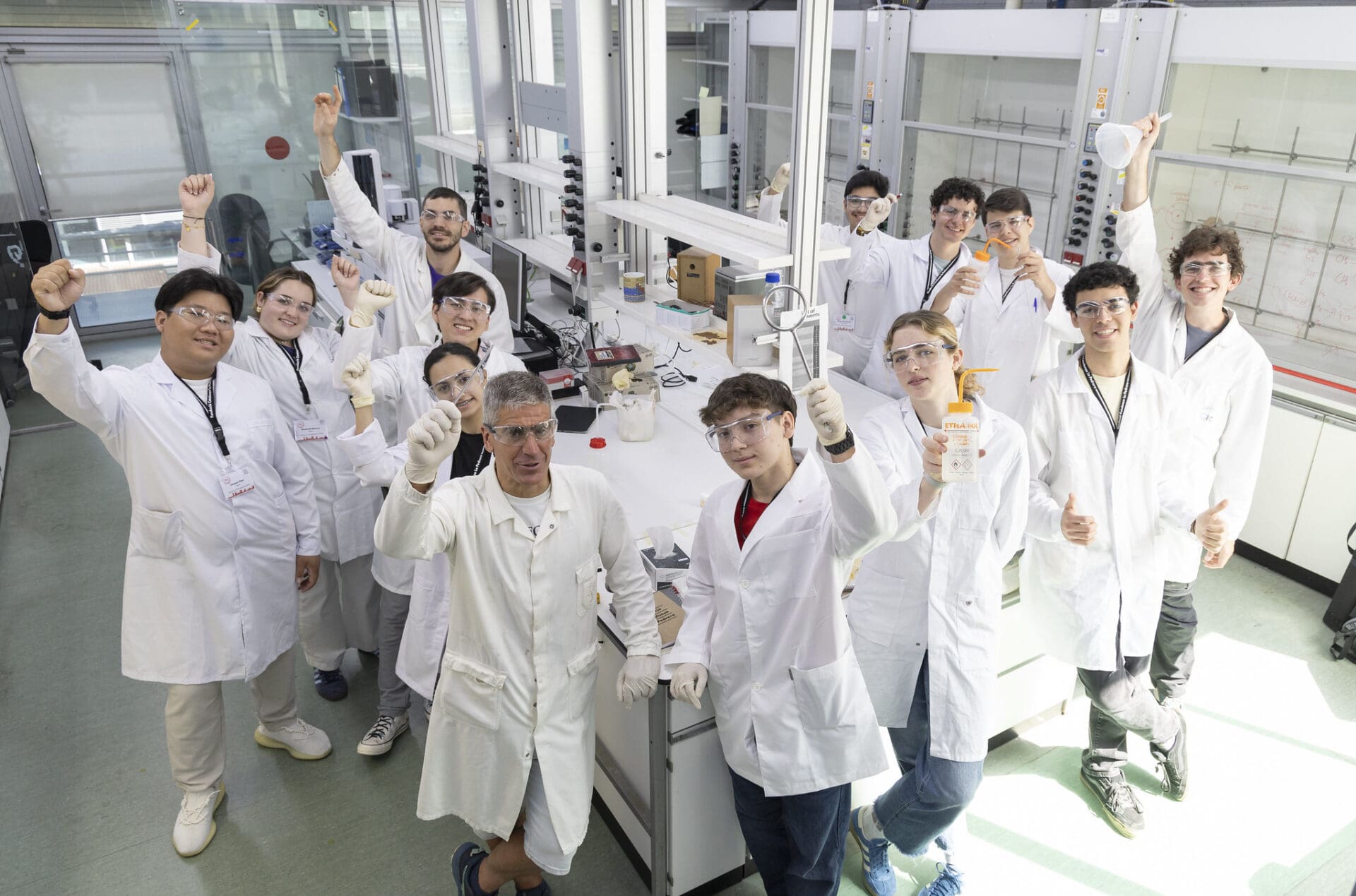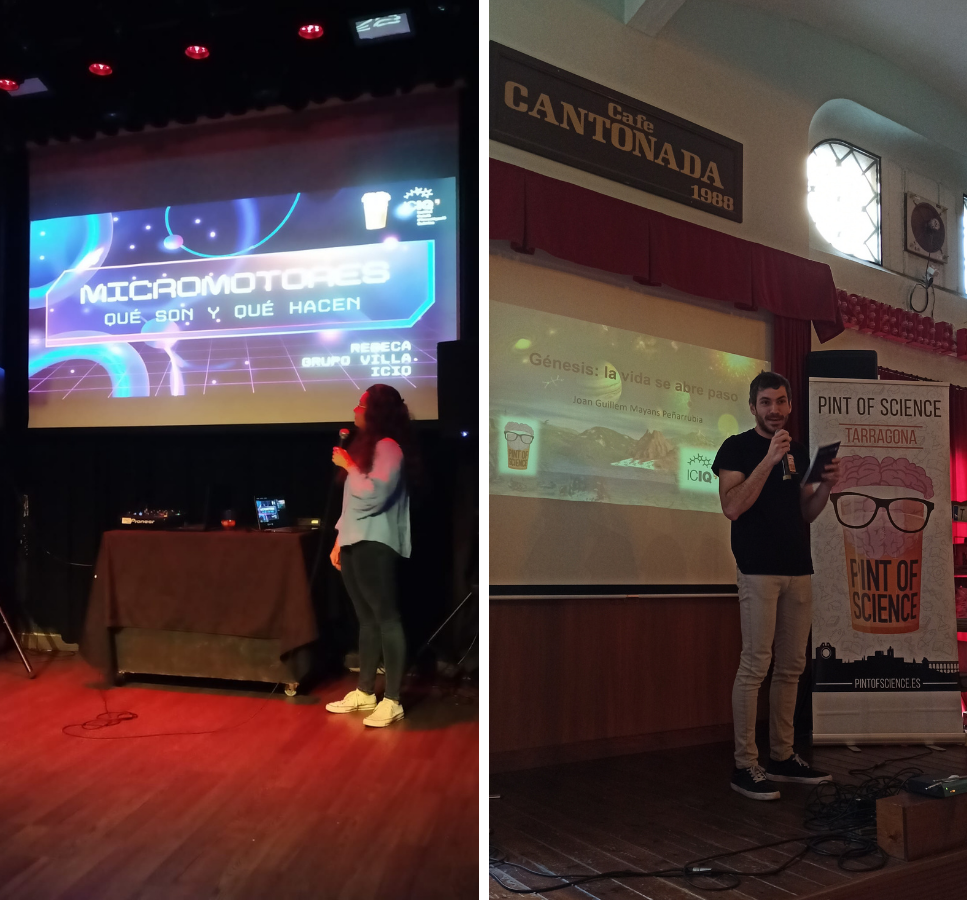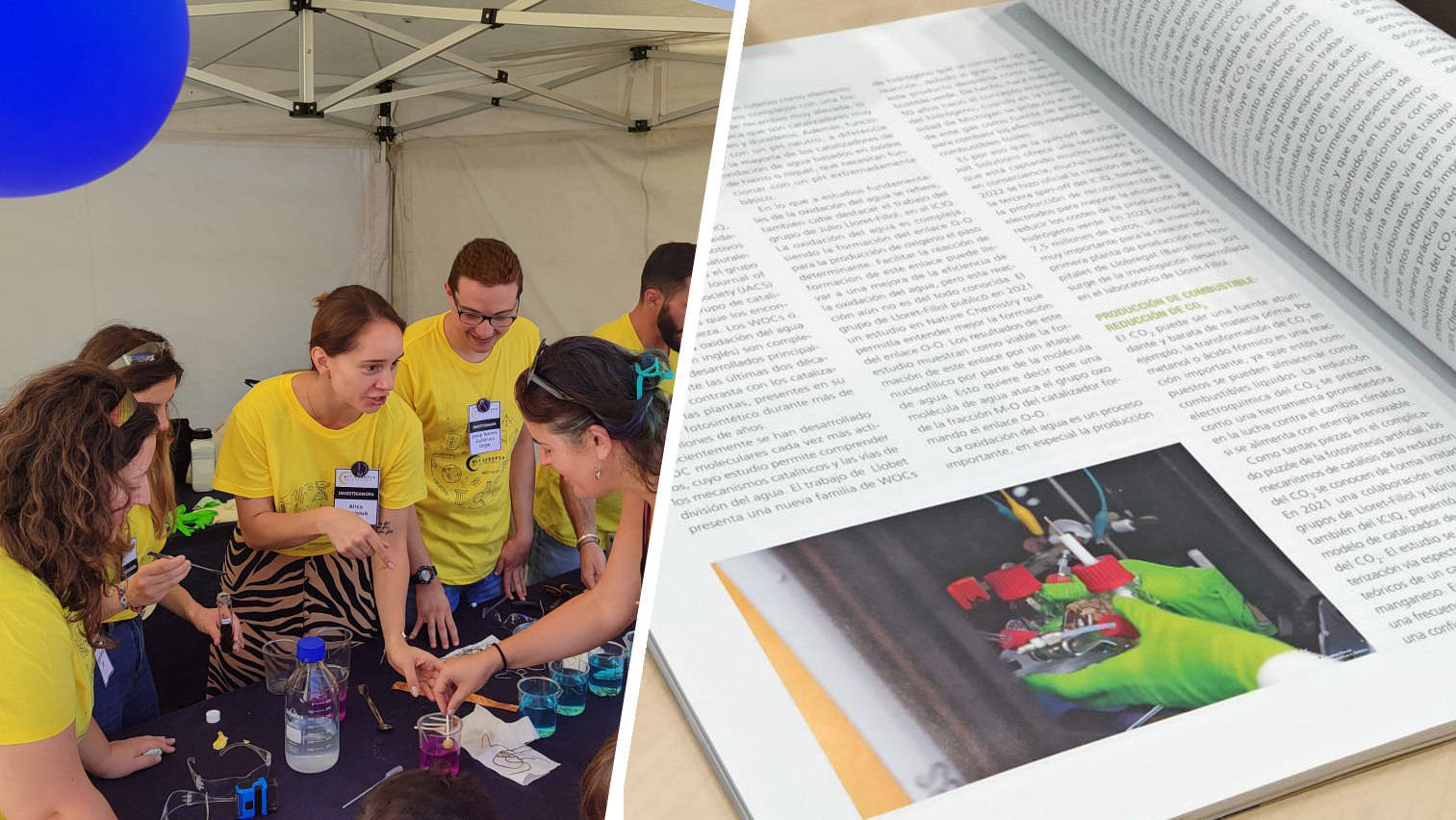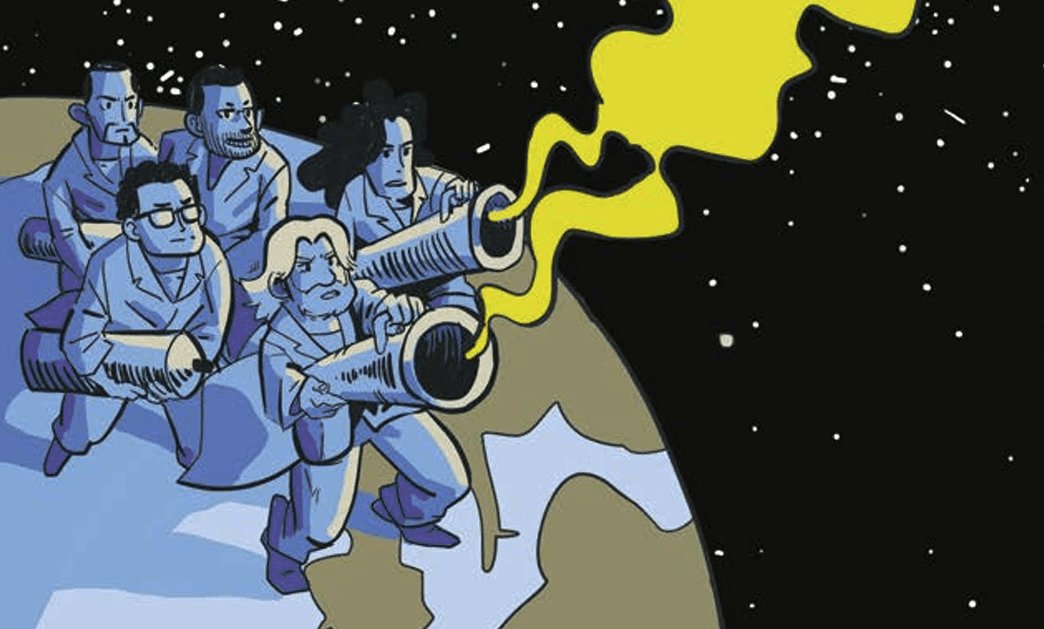Face to Face with Pau Ballester
 Pau Ballester studied chemistry at the Universitat de les Illes Balears (UIB) where he graduated in 1982 and received his PhD degree in 1986. Since then, he has developed his research in Spain and the USA. After a sabbatical year at the Scripps Research Institute (La Jolla, USA), 2002-2003, he took a position as ICREA (Catalan Institution of Research and Advanced Studies) research professor and he joined the ICIQ as a group leader.
Pau Ballester studied chemistry at the Universitat de les Illes Balears (UIB) where he graduated in 1982 and received his PhD degree in 1986. Since then, he has developed his research in Spain and the USA. After a sabbatical year at the Scripps Research Institute (La Jolla, USA), 2002-2003, he took a position as ICREA (Catalan Institution of Research and Advanced Studies) research professor and he joined the ICIQ as a group leader.
He was recently awarded with the national Award in Organic Chemistry by the Real Sociedad Española de Química (RSEQ). Therefore, we had a great excuse to interview him for our ‘Face to Face’ series of profiles.
When did you decide to become a scientist and why?
It was when I finished high school. I liked science, however I found both mathematics and physics to be too abstract. Chemistry had the right experimental and theoretical balance. I was fascinated by the possibility of transforming one substance into another via chemical reaction and the clever use of molecular structure. I also had a very good teacher and the opportunity to study in Palma de Mallorca.
What do you like and enjoy the most in your job?
I really enjoy being able to help those who are new to the world of research. I also like the challenge of designing new molecules and then seeing if they behave as we previously predicted they would. Now, I can do some of the chemistry that fascinated me as a student but I was not able to perform. Another thing I appreciate about ICIQ is its fantastic research support area that helps us develop our chemistry. We are privileged.
What do you see as the greatest achievements in your career to date?
My goal when I started my post-doc in 1985, which was when the area of molecular recognition and encapsulation emerged, was to design a molecule, a capsule, able to encapsulate other molecules. Recently, we have successfully designed a group of ‘encapsulating’ molecules and I am very proud of it.
From your point of view, what are the most important areas in which funding should be spent?
We should all work in order to change the negative perception that society has on chemistry. We should invest money in programs and projects to help people understand that chemistry is actually very positive for society and our welfare.
In terms of research, I am a convinced supporter of basic and fundamental research, especially in academic centres. Investment in applied research is also necessary but it should perhaps be conducted in non-academic environments with interdisciplinary groups and professional and experienced researchers. We must differentiate between applied research aimed at more specialized technological centers and the fundamental research developed in academia.
You can not stop funding basic research because it has no immediate applications. Fundamental research advances the frontiers of knowledge and plays a very important role in future applications. In addition, basic research provides the training for investigators and the knowledge and skills to face real problems they may find in future investigations.
Can you tell a funny story about you or your career?
I will tell you an anecdote about my PhD studies. I studied my PhD in the 80′s in a very small university where we did not have nuclear magnetic resonance facilities. I experienced the rigors of classical organic chemistry. We used IR and UV spectroscopy to characterize our molecules, we purified compounds by crystallization or distillation because we did not have column chromatography systems, the purity of our compounds was based on melting points and elemental analysis … Today this would be foolish, but back then it was heroic.
What do you do in your spare time?
Unfortunately, I don’t have much free time. I like jogging, being with my family, cooking and going to buy fish at the market, which is something I did when I lived in Mallorca. I also really like sports cars and I would love to have a Ferrari!
PROUST/ICIQ QUESTIONNAIRE
A chemical element: Carbon
Favourite Scientist: Linus Pauling
Your favourite invention: Nuclear Magnetic Resonance
If you had not been a chemist… I would have been an engineer to be able to design things
Favourite destination: My home
A book: ‘The third Chimpanzee’ by Jared Diamond
A film: Blade Runner
A dream: That the values of effort, responsibility and professionalism are not lost and remain important.
Science is… magic
Related news

Let's create a brighter future
Join our team to work with renowned researchers, tackle groundbreaking
projects and contribute to meaningful scientific advancements





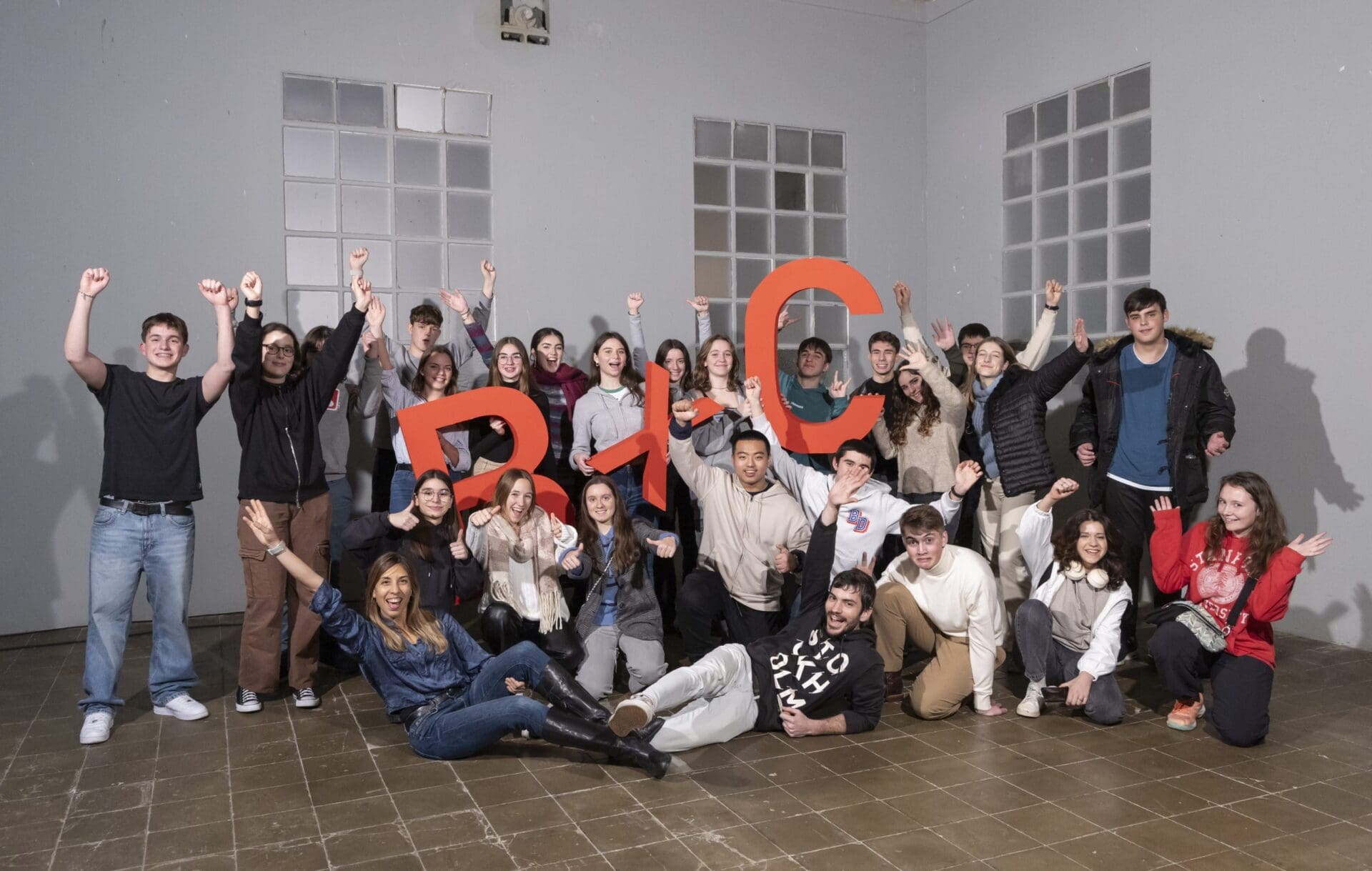
 02-12-2024
02-12-2024 